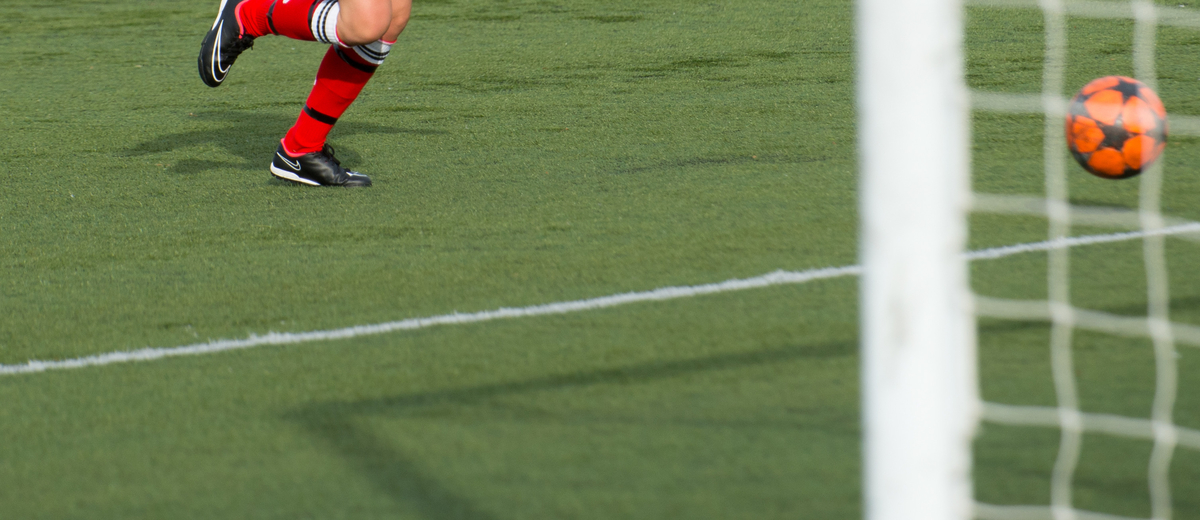Let me draw your attention to the football game this week between Southampton and Newcastle in the Carabao cup (for the incident fwd to 7mins 40 seconds https://www.youtube.com/watch?v=2TFfnELi-s4&t=497s) which involved an “inadvertent hand” of Southampton’s Adam Armstong. Trailing by a goal to nil, Southampton equalised and were awarded the goal until VAR intercepted the decision. The eagle eyed reviewers in their booth quite rightly spotted contact with the player’s hand. By the letter of the law, the officials disallowed the goal and the travelling Newcastle fans could breathe again. This is what it’s come to? A game dictacted to us by analysts in a video booth miles away from the action… There was not a player on the field appealing for the decision and nobody in the stands would have had a clue either. Surely this is a case of technology gone wrong?
Let me draw an analogy that I experienced this week. In collecting a hire car I drove my annual trip to glentress mountain bike centre of Scotland with some postgraduate students for an away day. As I was driving along I suddenly felt the car pull to the left, and was forced to correct the steering, thinking “oh no I must have a flat tyre” but as I continued the problem stopped. Moments later the same happened again and i noticed a light illuminating on the dashboard – the image of a car swerving… “ahh it must be the anti-lock braking”, I thought. But no, I wasn’t braking. It was only at that point that I noticed the “Driver Assistance” light was activitated and realised it was the auto-sensors steering my away from the lines on the road. So this safety measure, designed to protect me from danger was in fact threatening the safety of me and my passengers. What’s more disturbing is that this “assistive technology” appears to be set as the default, thus rendering the next passenger who has not encountered driver assistance before, equally at its peril.
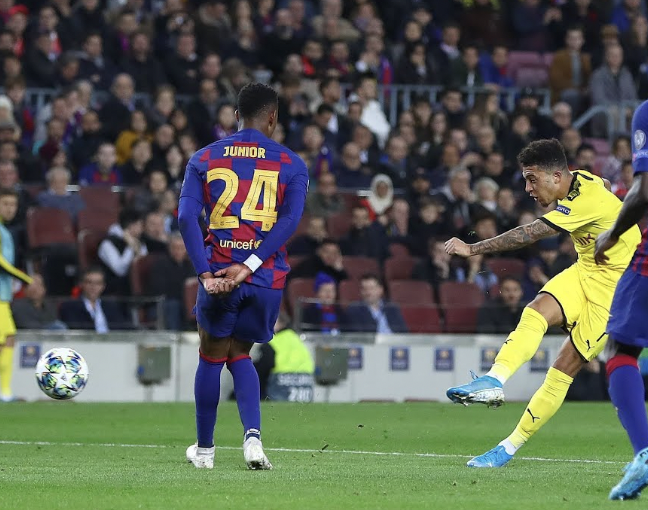
Technology does not understand context
It strikes me that this is what is happening with VAR, which led me to thinking about defenders placing their hands behind their back so as not to incur a handball when the attacker shoots past them. This clearly unnatural position for the arms, then renders the defender vulnerable to a handball if they are struck with the ball as their arms are clearly not in a natural position. So what do i do as a defender have my arms at my side balancing my movement in a natural position but risk getting a contact that could look awkward and deemed a handball or try to hide them and equally risk giving away a free-kick for handball… This is absolutely bonkers. I think more power needs to be given to the onfield players (the captain) to contest when they think a wrong-doing has occurred (to the naked eye) rather then being dictated to by an unknown in a studio in Stockley park who feels obliged to find fault and enforce the letter of the law which nobody wants! Time for a rethink…
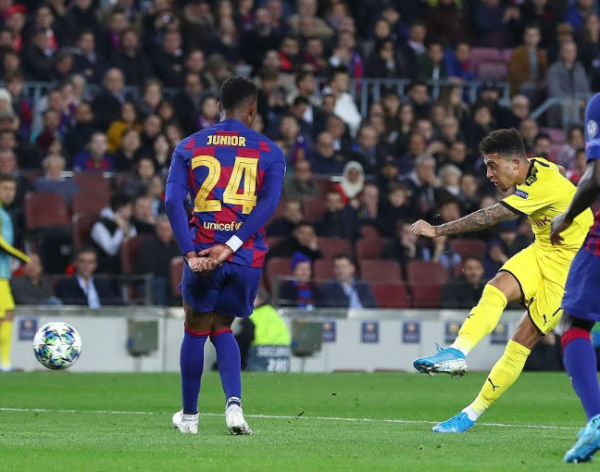
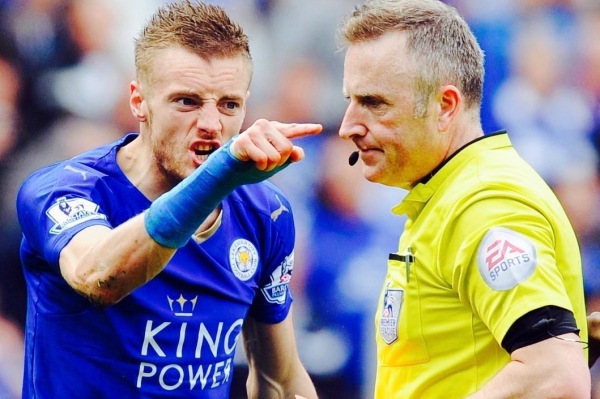
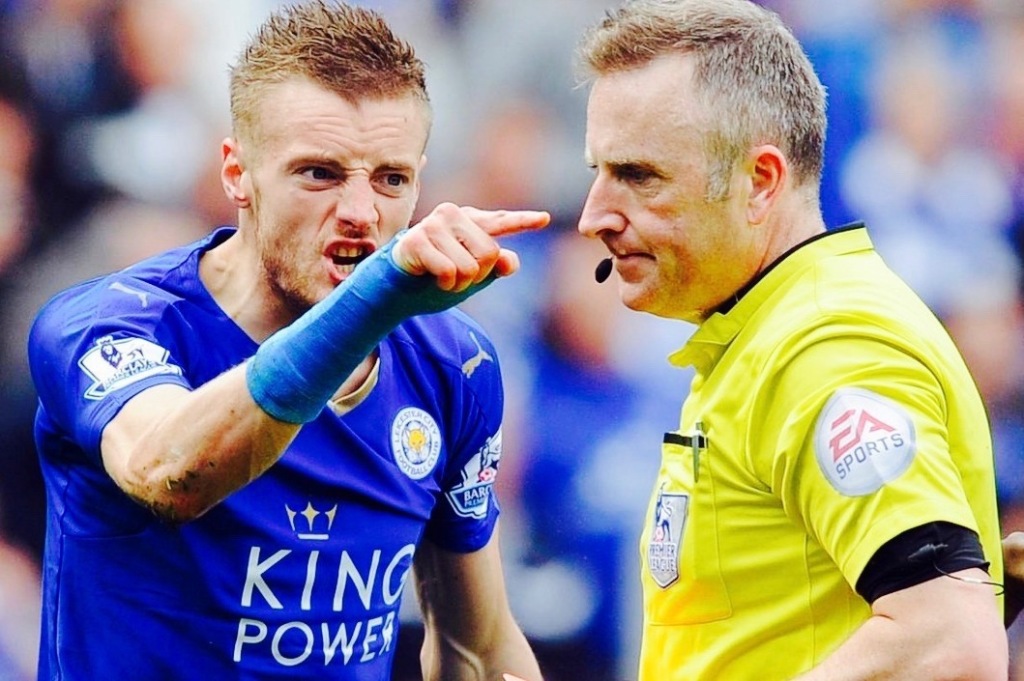
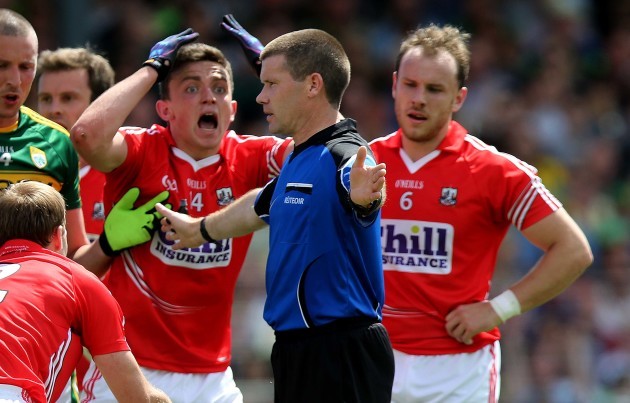
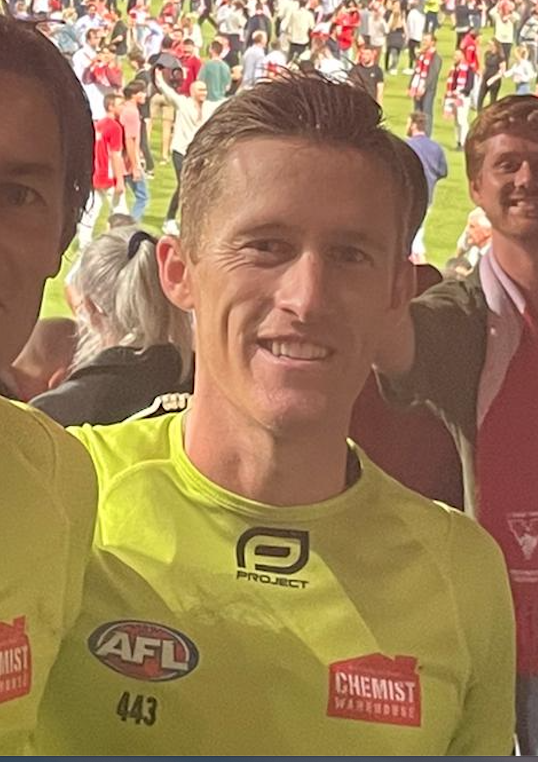
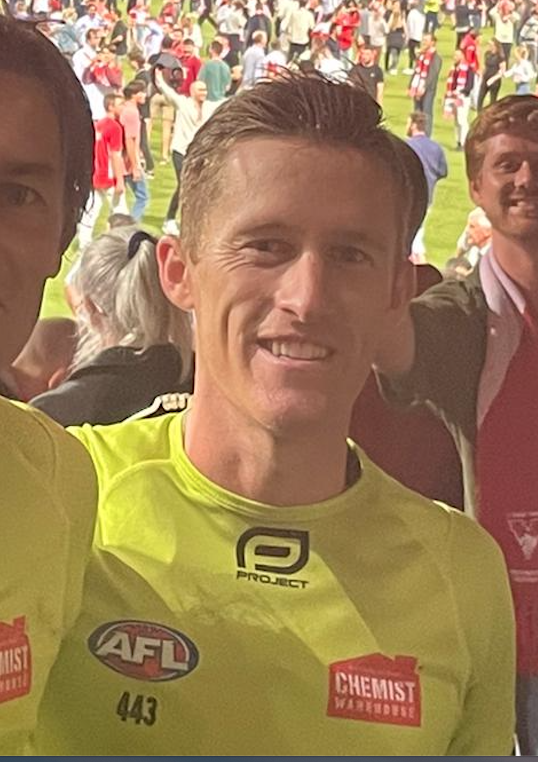


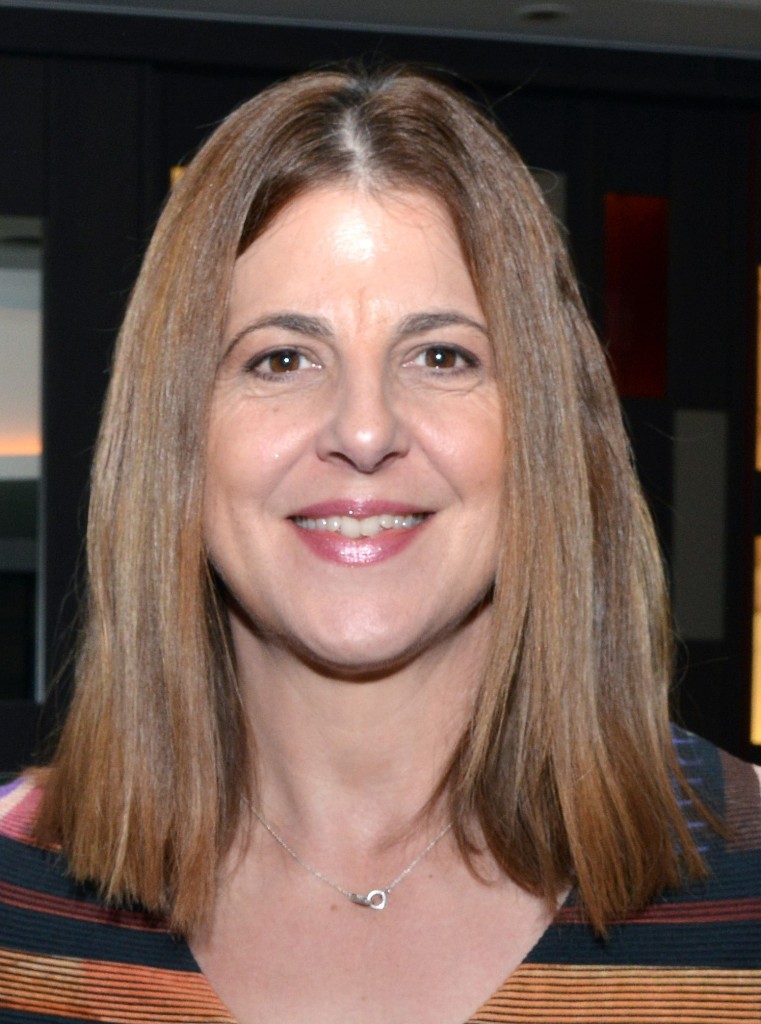
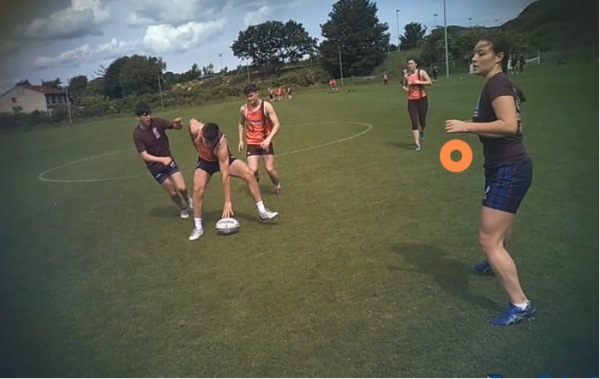
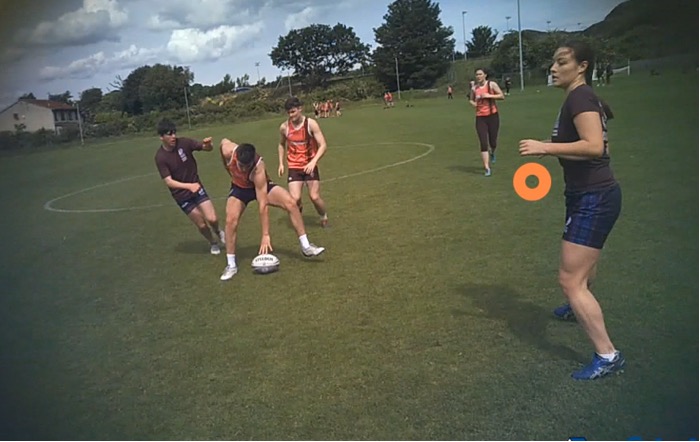
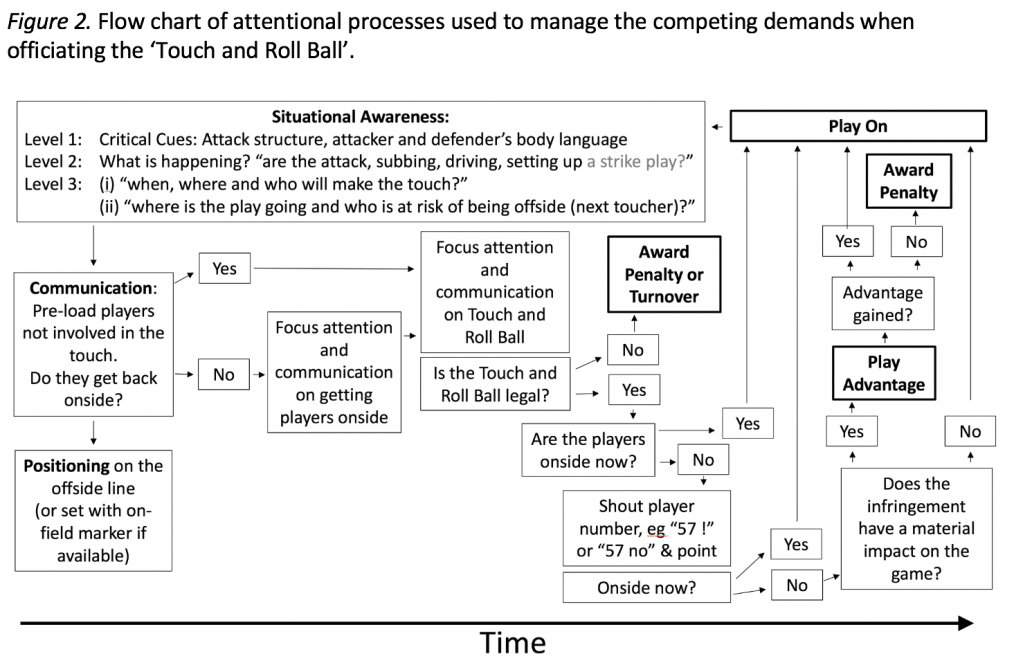
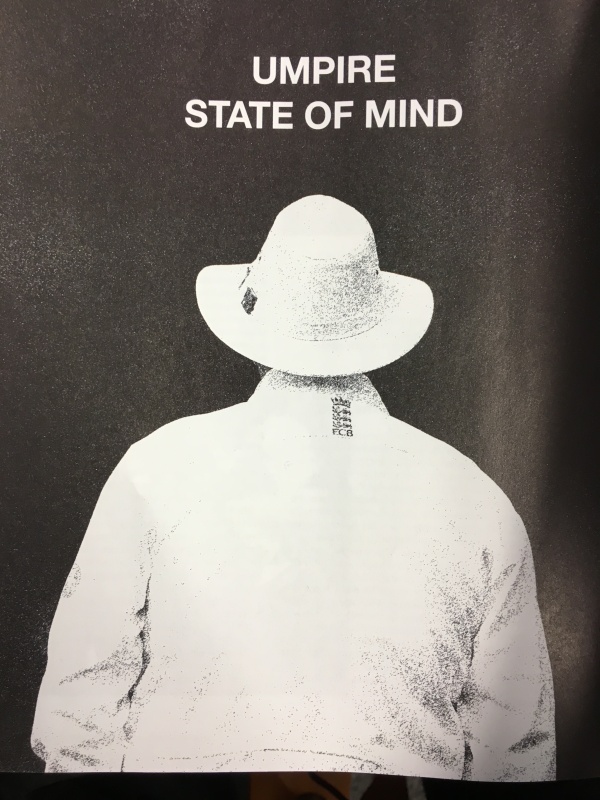





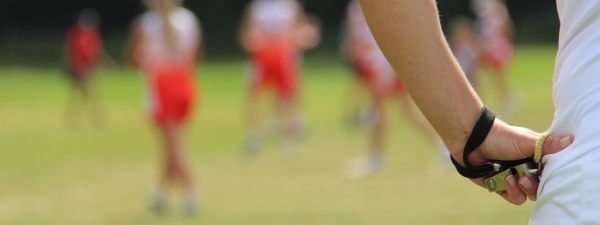
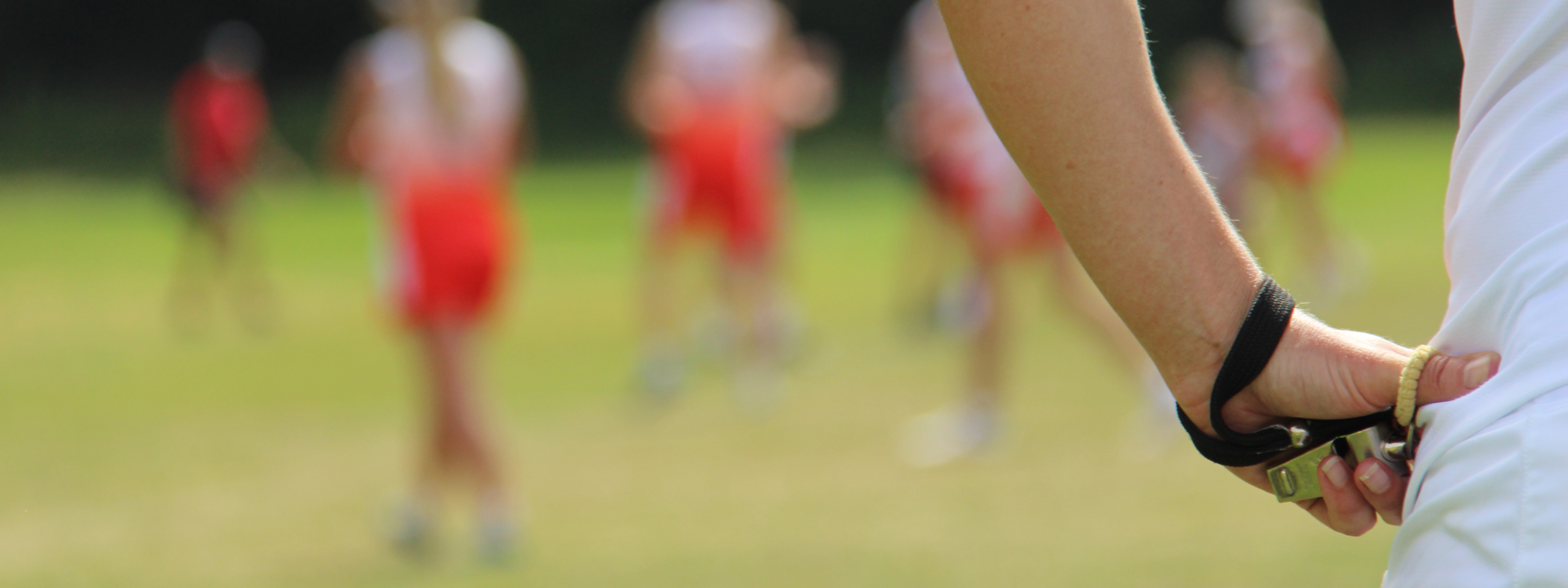 After year two you have the option of exiting with a PG-Diploma Performance Enhancement in Sports Officiating, or you can continue to year 3:
After year two you have the option of exiting with a PG-Diploma Performance Enhancement in Sports Officiating, or you can continue to year 3: